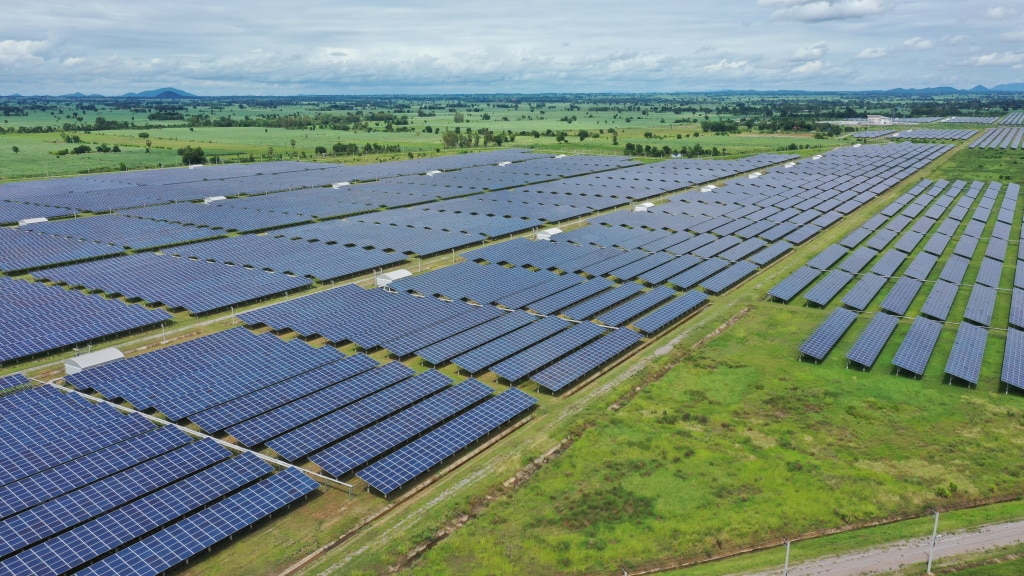Good news for Niger. This West African country has just obtained $138.21 million in financing from the African Development Bank (AfDB) Group. Of this funding, $46 million is being lent under the Transition Support Facility (TSF), an AfDB financing mechanism that supports fragile or transitional states. The TSF is providing a $1.1 million grant to accompany its loan. The African Development Fund (ADF), the concessional lending arm of the AfDB Group, is providing $48.59 million.
The same facility is matching its loan with a $41.14 million grant. The remaining $1.38 million in funding comes from the Green Climate Fund (GCF). The AfDB is making the financing package part of its Desert to Power initiative, which aims to develop 10,000 MW of installed solar capacity in Sahelian countries over the next few years.
Construction of three solar photovoltaic power plants
According to AfDB estimates, the financing approved on December 2, 2022, is expected to electrify at least 750,000 people in Niger. This West African country has an electricity access rate of less than 20% for a population estimated by the World Bank at 25 million. “The AfDB’s intervention will enable Niger to produce renewable energy at a lower cost and thus reduce its dependence on energy imports,” says Marie-Laure Akin-Olugbade, the AfDB’s Managing Director for West Africa and Acting Vice President in charge of Regional Development, Integration and Service Delivery.
Read also- NIGER: the “Haské” programme is launched to accelerate access to clean energy
With financing from the pan-African bank, the government of Niger will build a 20 MWp solar photovoltaic power plant in Maradi, Niger’s third largest city in the south. Another solar plant with a capacity of 10 MWp will be built in Dosso in the southwest of the country, as well as a third of 488 kWp. These installations will be accompanied by 1,203 km of medium-voltage distribution network and 1,484 km of low-voltage network, as well as 300 medium and low-voltage transformer stations.
Electrification of 12 villages via solar mini-grids
These solar power plants will be connected to the Nigerien Electricity Company (NIGELEC) network. The public company will then be able to connect 111,864 households and businesses with prepaid meters in 186 localities. At least 12 villages will be electrified via solar mini-grids.
The mini-grids will enable 1,877 connections to be made. According to the AfDB, the installations, which will be commissioned between 2023 and 2027, will cover all eight regions of Niger, including 17 urban centers (all regional capitals, including Niamey, the capital), where the electricity network will be densified and 186 localities. Through this project, 50 young graduates will be trained in various electrical trades to increase their employability. And 30 isolated localities will be equipped with multifunctional platforms allowing their pre-electrification. Also, 25 health centers will be connected to the electricity network.
Jean Marie Takouleu
